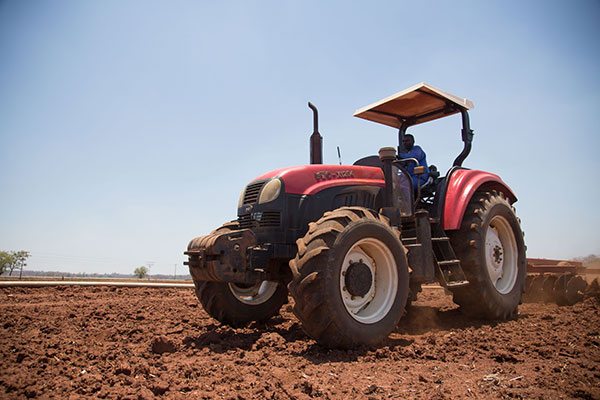They’re responsible for your most valuable asset — how can you minimize risk?
The care seed companies show their seed is unchallenged, however, vulnerability in the process lies not in the conditioning and processing but the growing season itself. By relying on farmer partners to grow the seed used in future seasons, companies accept risk.
First, manage what your company can from the get-go. Plan ahead for yield drags, weather events and other issues by producing a certain percent more seed than forecasted. This also can offset incorrect forecasts.
Also consider spreading risk geographically. While weather or other ailments hit at least one state every season, it’s not often every state has a major malfunction. This and other controllable factors can help minimize some risk.
However, the biggest risk companies take is with the farmers who grow the seed crop. So, how do you minimize as much risk as possible without renting or buying the farm ground on behalf of the company? Look for candidates who:
1. Communicate with the company
“We need someone who has strong communication skills,” says Michael Planalp, Beck’s soybean and wheat grower director. “They have to keep detailed records of where everything is, let us know what’s going on in fields in-season and work with us through planting and harvest.”
2. Are flexible as plans change
“Being able to have that flexibility to take on something new, a new practice, new hybrids or varieties, is key,” Planalp says. “Especially if you’re looking at a new seed grower, one of the things we look for is flexibility. We plan our seed growth by demand, so sometimes there can be changes last minute or just changes to new hybrids or varieties they’re not used to. They have to be up for that.”
3. Can logistically get the job done
“We look for several characteristics for a seed grower including equipment suitable for planting seed, and ability to harvest and store seed properly,” says Terry Garner, BASF production manager, U.S. soybeans. “[Growers also need to be in a] location we are wanting to grow seed with field and field sizes that fit our needs.”
Equipment to consider: Late model planters and combines, enough grain bins and/or storage to avoid cross-contamination, dryers or aeration to keep the grain in good condition and, for some, a corn picker that harvests the whole ear.
4. Showcase commitment to quality
“Seed growers should be committed, have a quality mindset and be entrepreneurial in their thinking to drive yield and quality of the seed produced,” Garner says. “The most effective seed grower is someone who wants to build a long-term partnership to gain better field knowledge that drives yield and seed quality.”
Read more about quality control in seed processing:
Protecting Fruit and Vegetable Industry Through Smart Surfaces, Coatings
Innovation Through Uncertainty











